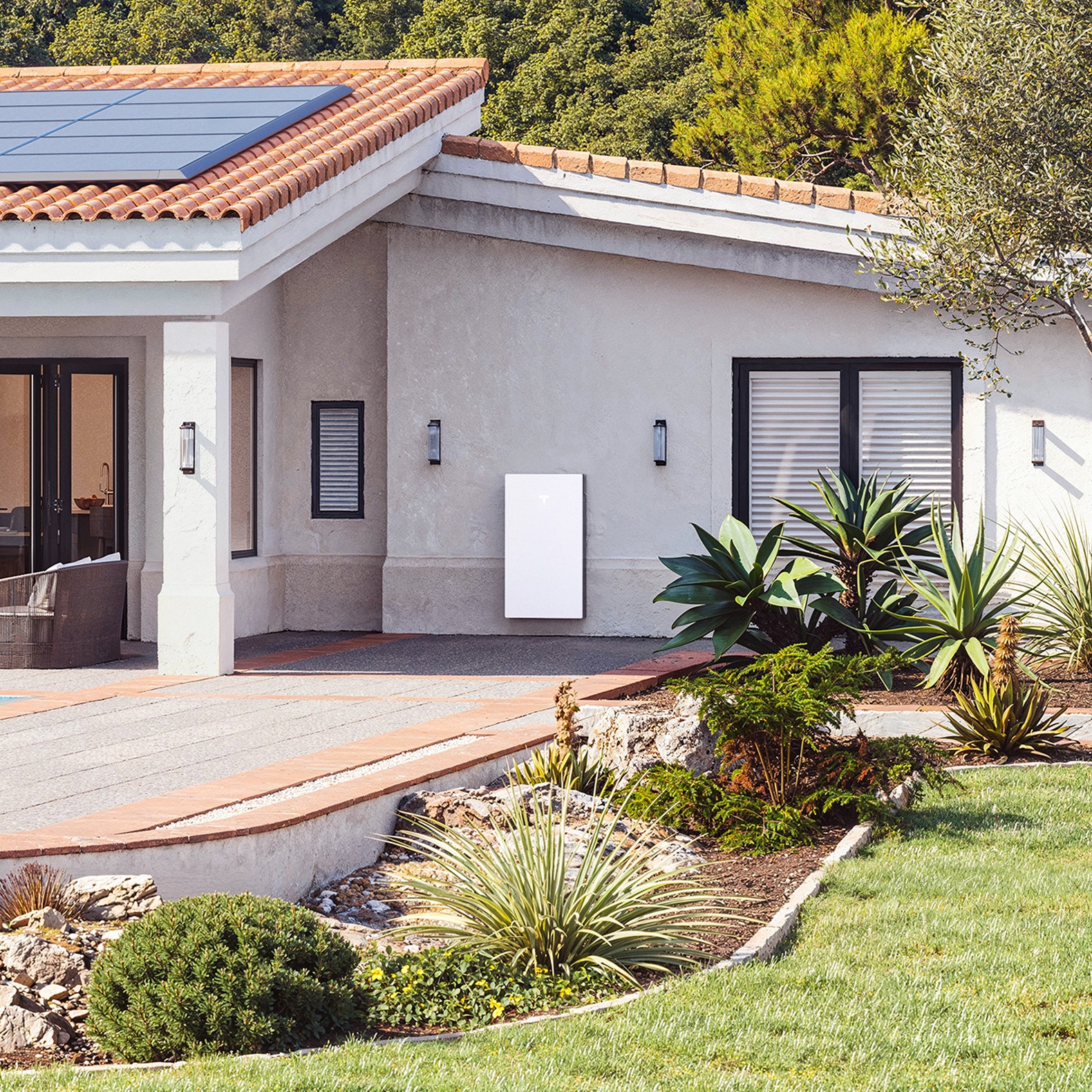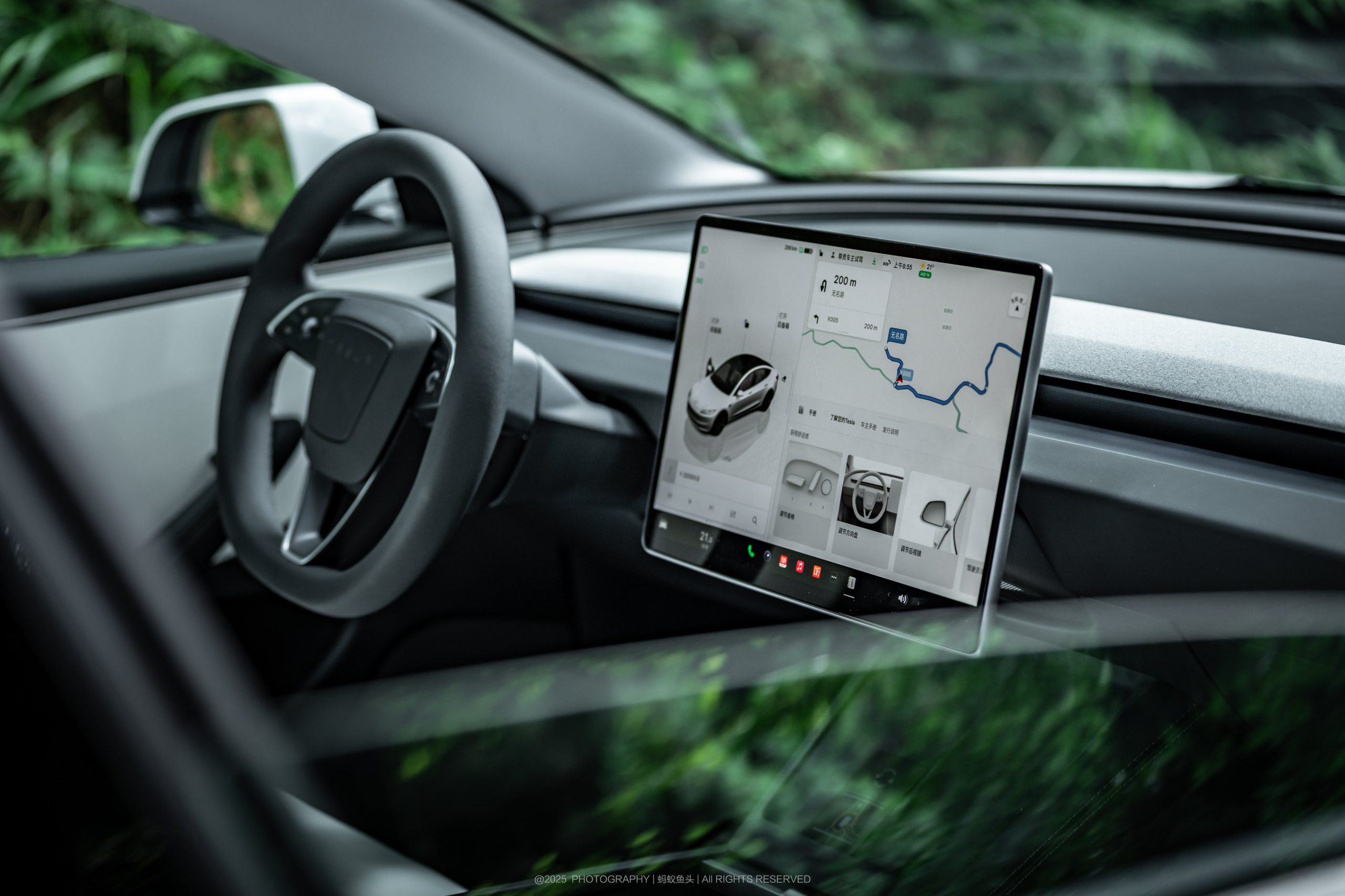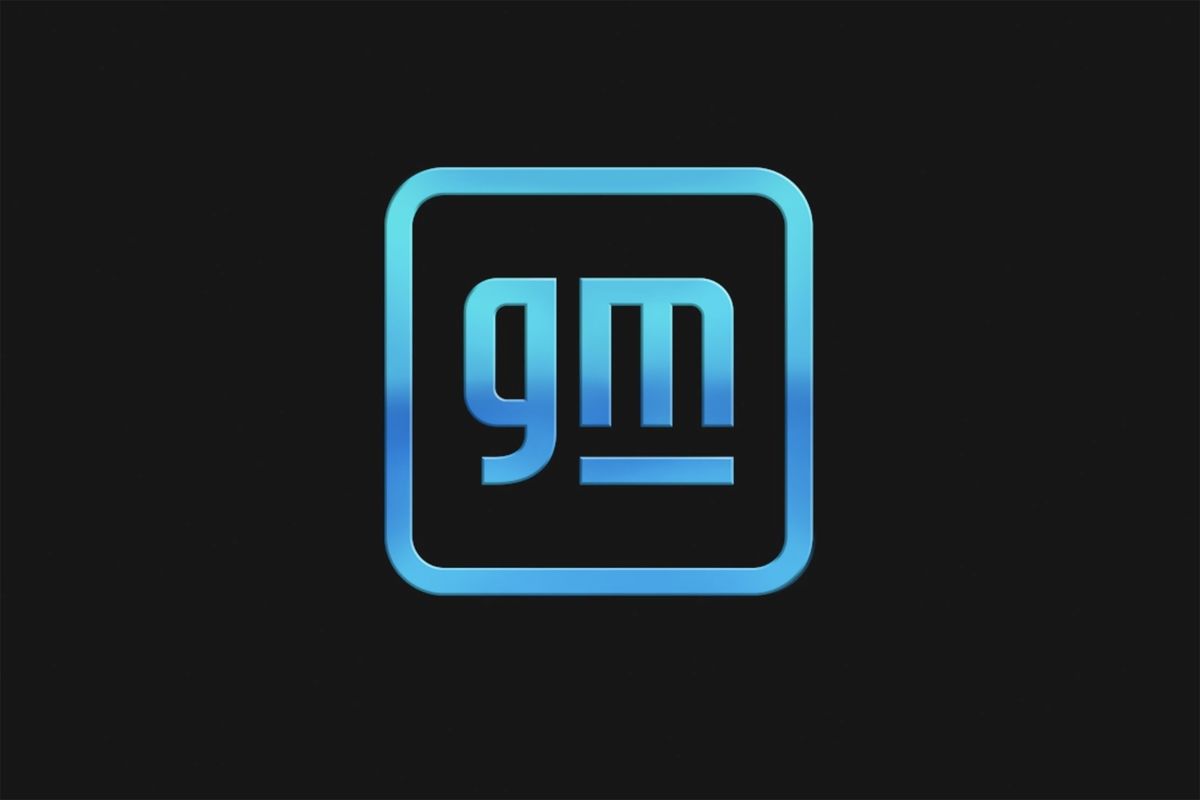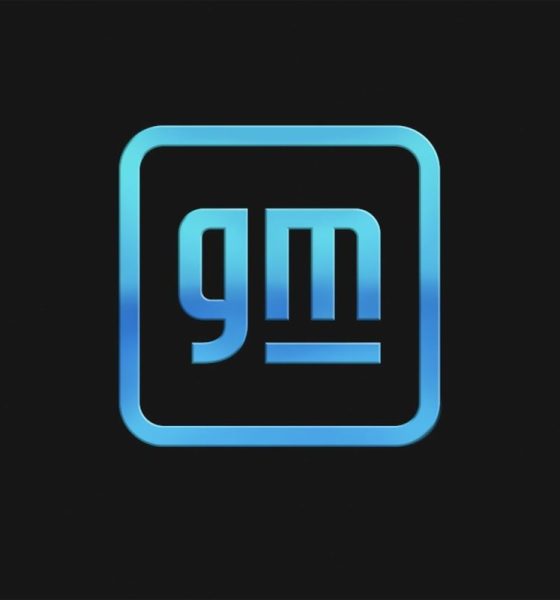General Motors (GM) is said to be ending its Ultra Cruise driver assistance program, after years of the technology being called a potential rival to Tesla’s Full Self-Driving (FSD) beta.
As GM attempts to correct issues with its separate self-driving company Cruise following an October accident, the automaker has also been reallocating spending and considering the path forward for its own semi-autonomous driving programs. According to two sources familiar with the matter in a report from CNBC, GM is now ending its Ultra Cruise project after expectations that the system was to launch in the U.S. last year have come and gone.
One of the sources said GM will end the Ultra Cruise program to instead put energy into developing the Super Cruise system, rather than featuring two different ADAS systems with separate naming conventions. While it wasn’t directly commented on, this point seems to have been highlighted by one GM executive in response to the initial report.
“GM continues to expand access to and increase the capability of Super Cruise, our advanced driver assistance technology,” said Darryll Harrison Jr., GM’s VP of Global Tech Communications, in a statement to CNBC, though he declined to comment on Ultra Cruise. “Our focus remains on safely deploying this technology across GM brands and more vehicle categories while expanding to even more roads.”
At the time of writing, GM has not responded to Teslarati’s requests for further comment.
Not to be confused with GM’s more limited Super Cruise system, Ultra Cruise was set to be available in the automaker’s premium vehicles, while the former was being developed for economy-level products. Ultra Cruise was going to offer hands-free driving and a wider set of areas in which the advanced driver assistance system (ADAS) could be used, and it was eventually expected to become capable of driving the car on its own in 95 percent of cases.
Ultra Cruise was also set to use a combination of long-range cameras and short-range sensors, while the system also uses more computing power than Super Cruise. In addition, Ultra Cruise boasted the use of real-time data to govern automobile control—hence its comparison to the Tesla FSD beta.
GM announced plans to debut Ultra Cruise in its Cadillac Celestiq electric vehicle (EV) in a press release last year, after initially announcing the software in 2021.
“Ultra Cruise will cover more than 2 million miles of roads at launch in the United States and Canada, with the capacity to grow up to more than 3.4 million miles,” wrote in its original announcement of the product. “Customers will be able to travel truly hands free with Ultra Cruise across nearly every road including city streets, subdivision streets and paved rural roads, in addition to highways.”
Another similarly named arm of GM, its subsidiary Cruise, has recently been facing significant scrutiny, after the GM-owned company had one of its self-driving vehicles drag and pin a pedestrian in October.
The aftermath of that incident has caused months-long turmoil at the startup, with multiple executives having left ahead of the company laying off around a quarter of the staff. The company also faces both state and federal investigations into its vehicles’ accident response and technology, and GM has halted production of its Origin self-driving van.
During an Automotive Press Association last month, GM CEO Mary Barra said the company was “very focused on righting the ship” at subsidiary Cruise.
GM expands Super Cruise hands-free driving to full-size SUVs
What are your thoughts? Let me know at zach@teslarati.com, find me on X at @zacharyvisconti, or send your tips to us at tips@teslarati.com.

Energy
Tesla Powerwall distribution expands in Australia
Inventory is expected to arrive in late February and official sales are expected to start mid-March 2026.

Supply Partners Group has secured a distribution agreement for the Tesla Powerwall in Australia, with inventory expected to arrive in late February and official sales beginning in mid-March 2026.
Under the new agreement, Supply Partners will distribute Tesla Powerwall units and related accessories across its national footprint, as noted in an ecogeneration report. The company said the addition strengthens its position as a distributor focused on premium, established brands.
“We are proud to officially welcome Tesla Powerwall into the Supply Partners portfolio,” Lliam Ricketts, Co-Founder and Director of Innovation at Supply Partners Group, stated.
“Tesla sets a high bar, and we’ve worked hard to earn the opportunity to represent a brand that customers actively ask for. This partnership reflects the strength of our logistics, technical services and customer experience, and it’s a win for installers who want premium options they can trust.”
Supply Partners noted that initial Tesla Powerwall stock will be warehoused locally before full commercial rollout in March. The distributor stated that the timing aligns with renewed growth momentum for the Powerwall, supported by competitive installer pricing, consumer rebates, and continued product and software updates.
“Powerwall is already a category-defining product, and what’s ahead makes it even more compelling,” Ricketts stated. “As pricing sharpens and capability expands, we see a clear runway for installers to confidently spec Powerwall for premium residential installs, backed by Supply Partners’ national distribution footprint and service model.”
Supply Partners noted that a joint go-to-market launch is planned, including Tesla-led training for its sales and technical teams to support installers during the home battery system’s domestic rollout.
Elon Musk
Tesla Giga Berlin growth could stall if not “free from external influences”: Elon Musk
The comments were delivered in a pre-recorded video discussion.

Tesla CEO Elon Musk has reportedly warned that future expansion of Gigafactory Berlin could be jeopardized if the site does not remain “free from external influences.”
Musk’s comments were delivered in a pre-recorded video discussion with employees and came at a sensitive moment for the facility, where union representation has been a recurring issue.
According to reports from Handelsblatt and Der Spiegel, citing participants at the event, Musk suggested that if Giga Berlin is no longer “free from external influences,” further expansion would become unlikely. He did not, however, hint that the plant would shut down.
While Musk did not name IG Metall directly, his remarks were widely interpreted as referencing the union, which is currently the largest faction on the works council but does not hold a majority, as noted in an electrive report.
The video conversation was conducted between Musk in Austin and Grünheide plant manager André Thierig, then played back to the workforce in Germany. Works council elections are scheduled for early March, heightening the tension between management and organized labor.
The CEO has previously voiced concerns that stronger union influence could limit Tesla’s operational flexibility and long-term strategy in Germany.
Despite the warning on expansion, Musk praised the Giga Berlin site during the same address, describing it as one of the most advanced factories worldwide and highlighting its cleanliness and team culture.
The discussion also reportedly touched on battery cell production. According to attendees cited in German media, Musk indicated that Tesla has begun ramping cell production at the site. That would mark a notable shift from earlier expectations that large-scale cell manufacturing in Brandenburg would not begin until 2027.
Elon Musk
Tesla Full Self-Driving’s newest behavior is the perfect answer to aggressive cars
According to a recent video, it now appears the suite will automatically pull over if there is a tailgater on your bumper, the most ideal solution for when a driver is riding your bumper.

Tesla Full Self-Driving appears to have a new behavior that is the perfect answer to aggressive drivers.
According to a recent video, it now appears the suite will automatically pull over if there is a tailgater on your bumper, the most ideal solution for when a driver is riding your bumper.
With FSD’s constantly-changing Speed Profiles, it seems as if this solution could help eliminate the need to tinker with driving modes from the person in the driver’s seat. This tends to be one of my biggest complaints from FSD at times.
A video posted on X shows a Tesla on Full Self-Driving pulling over to the shoulder on windy, wet roads after another car seemed to be following it quite aggressively. The car looks to have automatically sensed that the vehicle behind it was in a bit of a hurry, so FSD determined that pulling over and letting it by was the best idea:
Tesla appears to be implementing some sort of feature that will now pull over if someone is tailgating you to let the car by
Really cool feature, definitely get a lot of this from those who think they drive race cars
— TESLARATI (@Teslarati) February 26, 2026
We can see from the clip that there was no human intervention to pull over to the side, as the driver’s hands are stationary and never interfere with the turn signal stalk.
This can be used to override some of the decisions FSD makes, and is a great way to get things back on track if the semi-autonomous functionality tries to do something that is either unneeded or not included in the routing on the in-car Nav.
FSD tends to move over for faster traffic on the interstate when there are multiple lanes. On two-lane highways, it will pass slower cars using the left lane. When faster traffic is behind a Tesla on FSD, the vehicle will move back over to the right lane, the correct behavior in a scenario like this.
Perhaps one of my biggest complaints at times with Full Self-Driving, especially from version to version, is how much tinkering Tesla does with Speed Profiles. One minute, they’re suitable for driving on local roads, the next, they’re either too fast or too slow.
When they are too slow, most of us just shift up into a faster setting, but at times, even that’s not enough, see below:
What has happened to Mad Max?
At one point it was going 32 in a 35. Traffic ahead had pulled away considerably https://t.co/bjKvaMVTNX pic.twitter.com/aaZSWmLu5v
— TESLARATI (@Teslarati) January 24, 2026
There are times when it feels like it would be suitable for the car to just pull over and let the vehicle that is traveling behind pass. This, at least up until this point, it appears, was something that required human intervention.
Now, it looks like Tesla is trying to get FSD to a point where it just knows that it should probably get out of the way.










